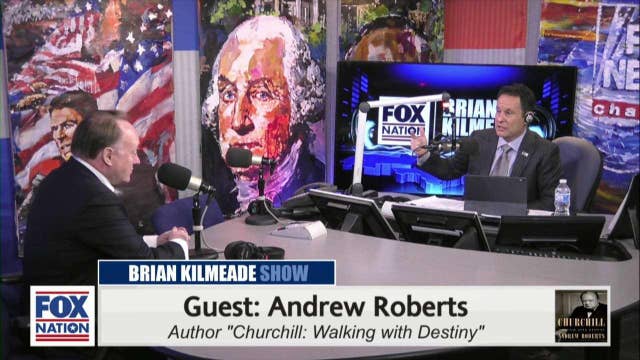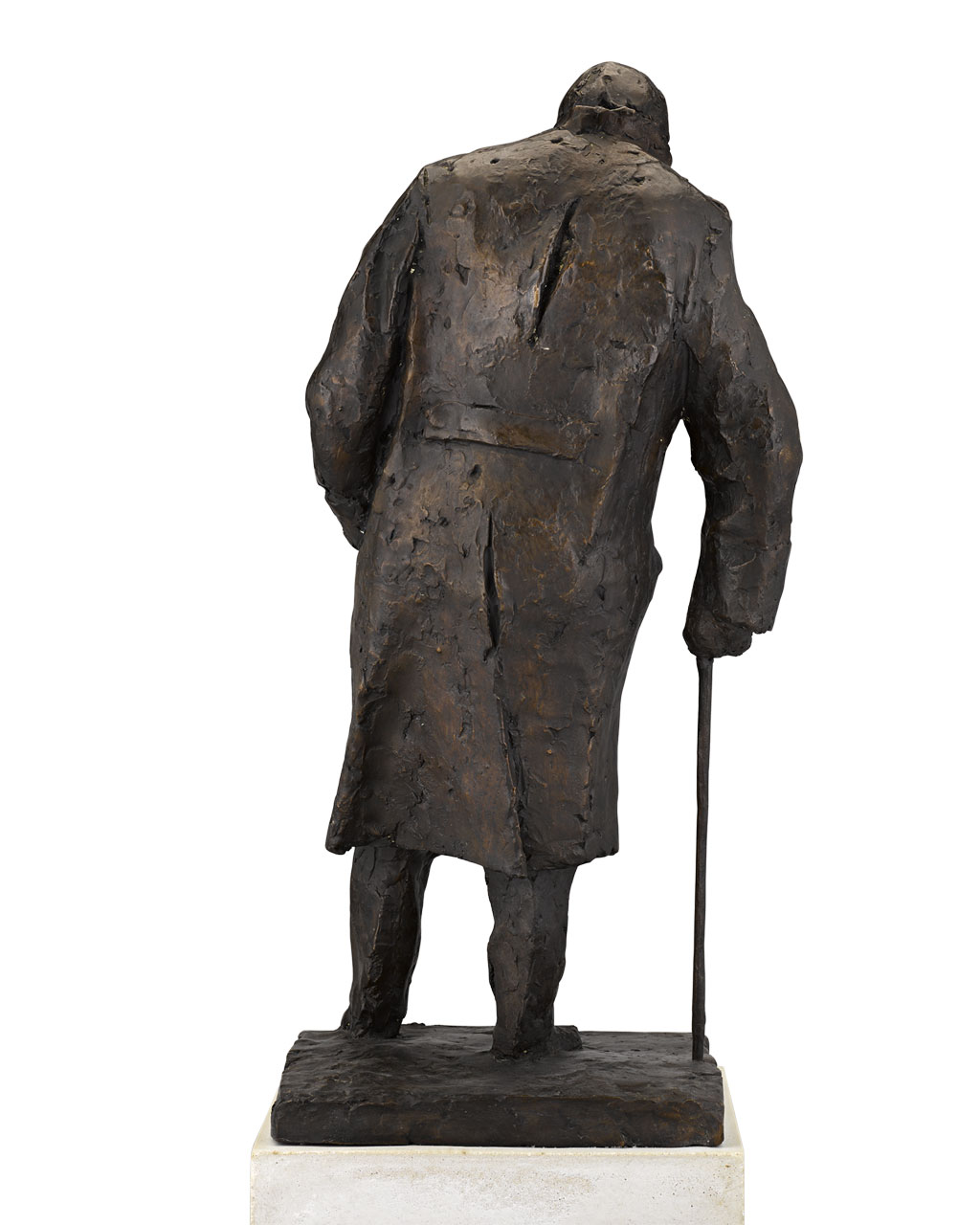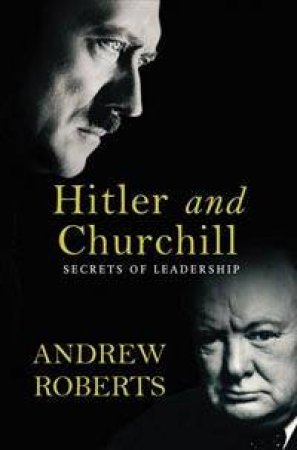
The idea that you can be hit again and again, but you always get up and carry on fighting.

The way in which all the way through his life, but particularly during the Second World War, he was an exemplar of resilience. With his characteristic Shakespearean gusto, he declared, "Let us therefore brace ourselves to our duty, and so bear ourselves, that if the British Empire and its Commonwealth last for a thousand years, men will still say, 'This was their finest hour.Octavian Report: Can you tell us what made Churchill, in your view, so effective as a leader during crisis?Īndrew Roberts: I think really what we're looking at in Churchill, with regards to today, is the power of resilience. On June 18, 1940, immediately after the fall of France, Churchill rallied the British people once more. Kennedy summed up Churchill's speechwriting achievements, saying, "In the dark days and darker nights when England stood alone - and most men save Englishmen despaired of England's life - he mobilized the English language and sent it into battle." "Yet what Winston Churchill did, by constantly putting Britain's peril in the greater historical context of other times that Britain had nearly been invaded, but had been ultimately successful, he managed to tell the British people that this could happen again." "An awful lot of people thought that it was impossible to beat the Nazis," Roberts says. Historian Andrew Roberts says the impact of Churchill's speeches cannot be underestimated. In the dark days and darker nights when England stood alone - and most men save Englishmen despaired of England's life - he mobilized the English language and sent it into battle.

And he did it at a time when the world was in such peril from Nazism, that every word mattered." "And also this incredibly powerful delivery. "Winston Churchill managed to combine the most magnificent use of English - usually short words, Anglo-Saxon words, Shakespearean," says Andrew Roberts, author of a history of World War II called The Storm of War. "I have nothing to offer but blood, toil, tears and sweat," he said, as he helped the country brace for hard times.

On May 13, 1940, three days after Germany invaded France, Churchill gave his first speech as prime minister to the House of Commons, a speech that was later broadcast to the public. Now, a new exhibition at the Morgan Library in New York City, Churchill: The Power of Words, holds a megaphone to Churchill's extraordinary oratory.

a constant trouble to everybody," and unable to be "trusted to behave himself anywhere." Click to enlarge.Ĭourtesy of Churchill Archives Centre, Cambridge His 1884 school report card states young Winston is "very bad. Though he went on to win the Nobel Prize in Literature, Churchill didn't always excel in school.


 0 kommentar(er)
0 kommentar(er)
